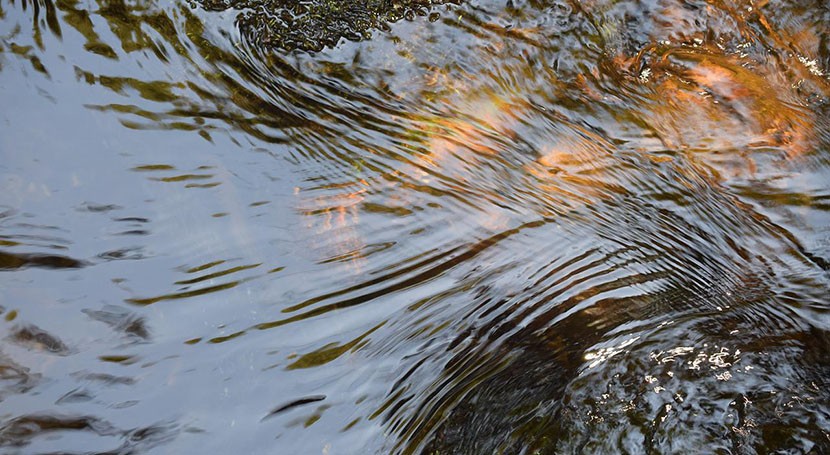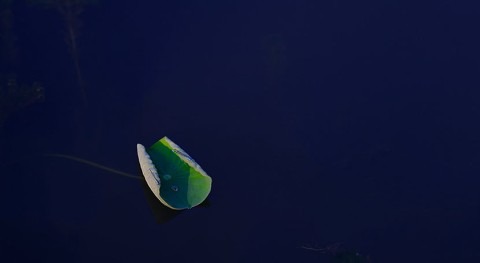Allonnia, the bio-ingenuity company dedicated to extracting value where others see waste, today announces that it has discovered a protein that can be used as a PFAS biosensor. The company has been working towards this milestone for two years, exploring a number of biological paths and has now applied to patent their findings.
PFAS is a family of synthetic compounds used globally to make products that resist heat, oil, stains, grease, and water. The compounds break down very slowly over time and are recognized as an ‘emerging contaminant’ with widespread concerns about their characteristics of persistence, bioaccumulation, toxicity, mobility and impacts on human health.
The need for a field deployable sensor that can detect PFAS in real time to parts per trillion levels – as low as a drop within an Olympic sized swimming pool – is pertinent for site investigations, water monitoring and future risk mitigation. Without an accurate, quantifiable field sensor there is a high likelihood that sites will need multiple testing rounds to check for PFAS that could take months at a time. This protein can increase both the efficiency, time, and cost of ensuring enough samples are taken at one time and that nothing is missed.
“There is currently no PFAS sensor available that can detect PFAS contaminants at these low levels in real time. Allonnia’s biosensor development marks a milestone for the industry and a perfect example of how biology can transform our view of what is possible,” said Dayal Saran, VP & Head of Research, Allonnia. “The amount of work our team has put in is significant. It’s so wonderful to see the progress and continue to move our roadmap forward.”
Allonnia is now working to collaborate with a hardware partner to bring the Gen 1 protein to the field by the end of the year. In the meantime, the team will continue to increase the sensitivity of the protein and its specificity to PFAS in real world ground water.
“We are excited to respond to the overwhelming need for better contaminant detection tools with this breakthrough technology,” said Nicole Richards, CEO, Allonnia. “This is just one of the first steps towards our goal of creating an optimized, sustainable and comprehensive solution for PFAS degradation.”
Allonnia is focused on a three-pronged approach to assist industry partners in assessing their individual challenges:
- Sensing: Analyzing and evaluating waste streams to understand the presence of contaminants and other target compounds to inform the best solutions;
- Upcycling: Converting waste into a high-value resource by breaking down, binding or extracting complex molecules to form new material building blocks; and
- Remediation: Identifying, optimizing and deploying microbes, enzymes and proteins to efficiently transform contaminants, and render them inert.




